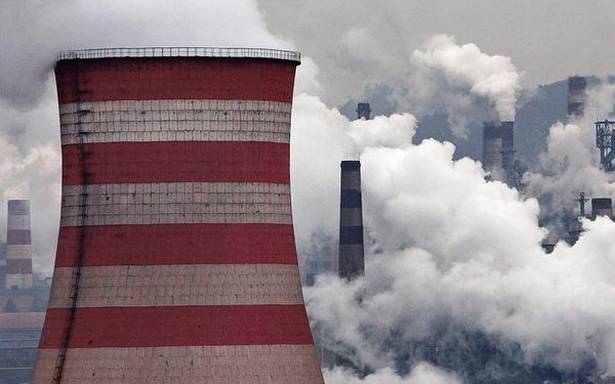Live Classes

Doing so would be to accede to further over-appropriation of the global carbon budget by a few
Despite the net zero campaign by a number of countries and non-state actors, the timing of the world’s carbon dioxide emissions reaching net zero is not the critical parameter for the safety of humanity. As the recent report of the Intergovernmental Panel on Climate Change made it clear, limiting the increase in the world’s average temperature from pre-industrial levels to those agreed in the Paris Agreement requires global cumulative emissions of carbon dioxide to be capped at the global carbon budget. It is a truism that such a cap means that eventually emissions must go to zero, or more precisely, net zero. But reaching net zero by itself is irrelevant to forestalling dangerous warming. This is no more rocket science than saying that the promise of when you will turn off the tap does not guarantee that you will draw only a specified quantity of water.
What Promises of Net Zero do
What do we know about projected cumulative emissions? The top three emitters of the world — China, the U.S. and the European Union — even after taking account of their net zero commitments and their enhanced emission reduction commitments for 2030, will emit more than 500 billion tonnes of carbon dioxide before net zero. These three alone will exceed the limit of about 500 billion tonnes from 2020 onwards, for even odds of keeping global temperature increase below 1.5°C. With these committed emissions, there is no hope of “keeping 1.5°C alive.” The target is dead-on-arrival. For twoto-one odds for the same target, the limit is 400 billion tonnes of carbon dioxide, a limit that is even more certain to be breached.
Download pdf to Read More